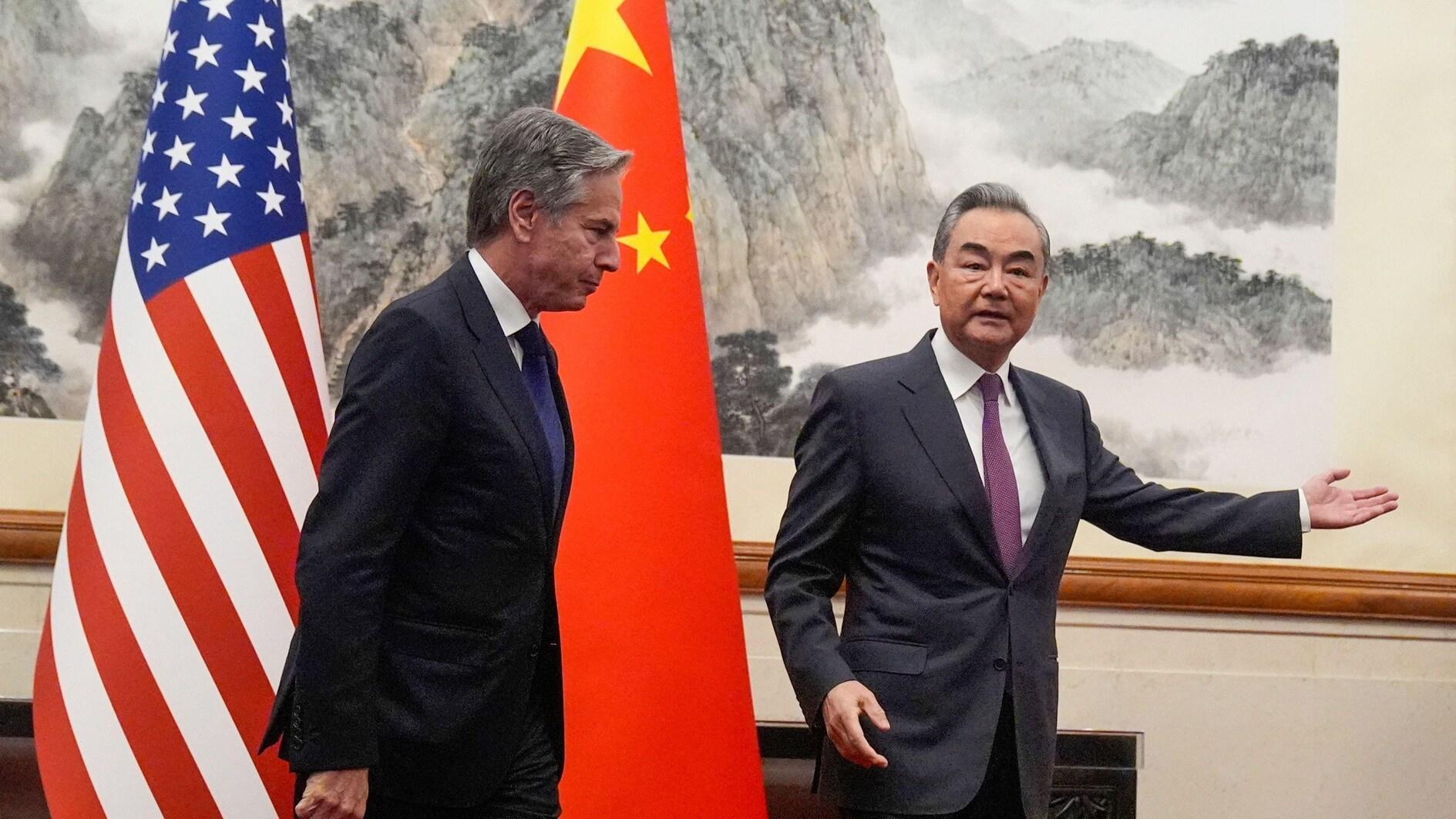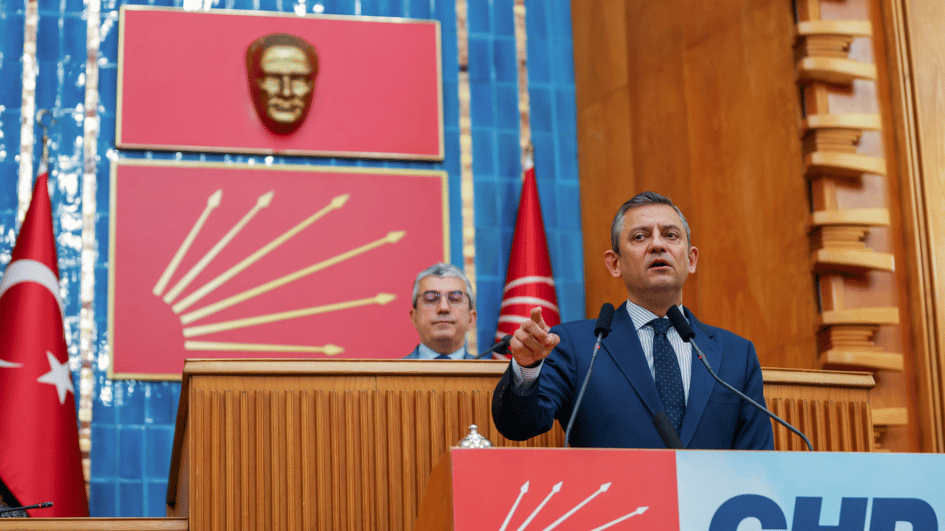Debate on industrial production and interest rate
The February industrial production data that was revealed at the beginning of the week caused a certain debate to rekindle about the general equilibriums in the economy. While the interest decision of the Central Bank to be made next week was interpreted based on the industrial production data, the debate on interest has added new dimensions with the prime minister’s proclamations on the subject.
February industrial production data recorded an increase that was below expectations. However, market experts who took into consideration the preliminary data related to the industrial production data of March reached an agreement that this year recovery in the economy has started. In other words, after last year’s low growth figure, it was certain that starting from the first months of this year, recovery in the economy has started. However, now, the debate on whether a recovery that may be regarded as moderate would be sufficient.
A portion of market experts say the industrial production data announced has produced a picture that would be suitable for the Monetary Policy Board scheduled to meet on April 16 to reduce interest rates again; and that growth is moderate. A portion of analysts though also include the real effective exchange rates into the equation and say that there was no need for a new reduction in interest rates.
In short, using the February industrial production data as an excuse, the dose of growth and the course of interest rates that constitute the infrastructure of this has once again been opened to debate. As I have frequently emphasized before, I expect this debate to continue. It looks as if it is inevitable that this debate will be even more heated in later months of the year.
The reason for this is that during the long elections process that will start with local elections to be held in March 2014 and continue with the presidential and general elections whether growth is high or not will inevitably be made the constant topic of discussion.
Central Bank is accused
Some members of the government who led the discussion on interest have begun to appear on the stage again. They took action once more upon Prime Minister Recep Tayyip Erdoğan’s remarks last week that “interest rates must be further reduced.”
With the courage he took from this discussion and by referring to Erdoğan’s statements, Economy Minister Zafer Çağlayan’s accusations against the Central Bank are gaining intensity. “The Central Bank must give up pretending and decrease key interest rates,” said Çağlayan, adding that they were using interest rate corridors as an excuse for not reducing the interest rates of markets.
In the same TV program, Çağlayan also said they were forcing the Central Bank to reduce interest rates. We can regard these remarks as dangerous since they target the Central Bank’s independence and reputation in domestic and foreign markets.
To summarize, it could be said that the endless dispute of interest rate has been triggered again recently. In future, especially in periods when capital inflow decreases, we will need the independence of the Central Bank more than any other time. So, this factor should not be ignored.











